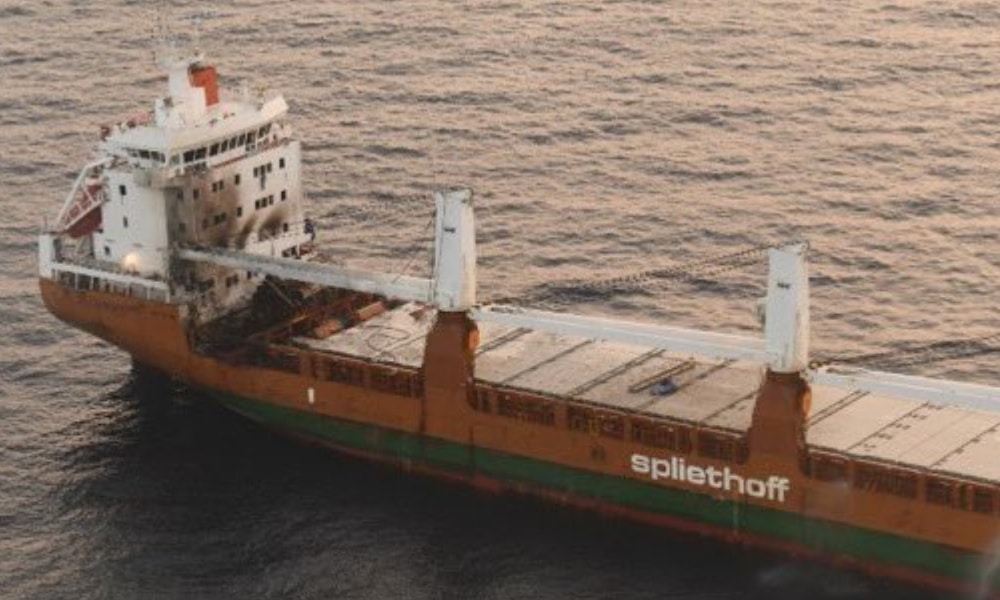Ceasefire Sparks Concerns Over Red Sea Shipping

A tentative ceasefire between Israel and Hamas may have broader implications beyond Gaza, particularly affecting maritime security in the Red Sea. Yemen’s Houthi rebels have intensified their attacks on commercial shipping, claiming solidarity with the Palestinian cause. As peace talks unfold, ship operators and insurers are closely monitoring the situation, hoping for a reduction in hostilities.
Houthi Attacks on Shipping Intensify
The Houthi rebels have launched over 100 attacks on merchant vessels since late 2023, justifying their actions as a show of support for Palestinians. These strikes have turned the Red Sea and Gulf of Aden into perilous waters for commercial shipping. The recent escalation raises concerns among ship operators and insurers about the safety of their vessels in these regions.
Despite the ongoing ceasefire negotiations, there is currently no indication that the Houthis will scale back their operations. Israeli airstrikes in Gaza continue, and the Houthis have recently targeted the Israeli port city of Eilat with drone strikes. This persistent violence complicates the maritime landscape, as the potential for further attacks looms large.
A notable incident occurred last week when a Dutch-flagged ship, the Minervagracht, was struck by Houthi forces in the Gulf of Aden, necessitating the evacuation of its crew. Such incidents highlight the urgent need for enhanced security measures and the potential risks faced by commercial shipping in the region.
Danaos Shipping’s bulk carrier Peace banned from Australian ports
Peace Talks and Future Implications
Mediators are set to convene in Egypt today for indirect peace talks between Hamas and Israel, following Hamas’s agreement to certain aspects of a 20-point US peace plan. These discussions could influence the Houthis’ future actions in the Red Sea. Historically, conditional pauses in hostilities have been linked to ceasefires in Gaza, raising hopes that a successful negotiation could lead to a decrease in maritime attacks.
However, the current climate of violence and uncertainty poses significant challenges. Ship operators and insurers remain vigilant, aware that any shift in the conflict could directly impact their operations. As the situation evolves, the international community will be watching closely to see if the ceasefire can bring about lasting peace and stability, both on land and at sea.
